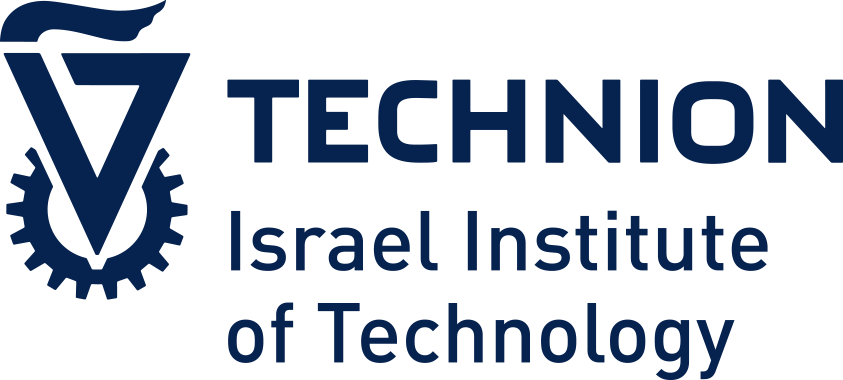About this course
This course is targeted at students in Materials and Biology and Materials and Chemistry concentrations in our department but is expected to also draw students from Biomedical Engineering.
The aim of the course will be to develop student understanding of the many classifications of polymer network architectures, both natural and man-made. The focus will be on relating structure with functionality, whether it be chemical or physical in nature, and how this affects biological phenotypes. We will start with an overview of polymer composition, architecture, and mechanics, with a clear focus on macromolecular organization like networks. We will then move from the small scale of how polymers behave in macromolecularly in networks up to the composites like the Extracellular Matrix (ECM), and eventually making our way to tissue and organ-level structures. Mechanical properties of networks will be explained in the context of maximizing entropy, and we will briefly cover an introduction to Statistical Thermodynamics through this application. We will then cover how three different cell types interact on all levels with the architecture, primarily through the viewpoint of mechanics, though no prior knowledge of biology is expected. This course is targeted at students in Materials and Biology and Materials and Chemistry concentrations in our department but is expected to also draw students from Biomedical Engineering as well, in the final two or three semesters of their career.
SEMESTER START DATE: March 30, 2025
Contact Hours per Week: 2
Day & Time: TBD (will be announced by mid-December)
Learning outcomes
- Brief introduction/refresher on polymers and some examples of polymers both synthetic and biological. We will cover condensation reactions, free radical, as just some basic examples of how polymers are synthesized.
- Polymer architecture including linear, block, star, comb, brush, dendrimer. We will also briefly cover strategies for making these polymers, including Ring Opening Metathesis Polymerization (ROMP), controlled radical polymerization, ionic interactions, etc. Further elaboration on how each of these systems are made will come on weeks 4 and 5.
- Comparing how polymer architecture can drive different mechanical properties. Also, we will cover how mechanical properties are measured, the advantages and disadvantages of each.
- Biological polymer network hydrogels architecture, synthesis, and mechanical properties. The differences between synthetic and biological systems will be discussed and highlighted.
- Synthetic polymer network hydrogels architecture, synthesis, and mechanical properties. We will go through the last three decades of biomaterial research as a historical overview.
- The structure-function relationships of the Extracellular Matrix and their components
- The structure-function relationships of tissues and their components.
- The cell lipid bilayer as a polymeric network. How ‘non-traditional’ macromolecular constructs can function as networks
- The stem cell microenvironment. What effects does a network’s architecture have on differentiation?
- The cancer/tumor microenvironment. Why does a tumor stiffen and pre-stress the surrounding tissue? What changes does the ECM undergo?
- Immunomechanics Part 1: Innate immunity and interactions with the ECM and Cell-Cell.
- Immunomechanics Part 2: Adaptive immunity and interactions with the ECM.
- Student final project presentation of a paper of their choice that includes polymeric architecture, where they will briefly present a paper explaining the main points of the paper. This project can be started after week 4.
Teaching: 2 hours lecture Open as a selective course for 3rd, 4th, and 5th year students and for students of other departments
Examination
Teaching Method: Virtual Lectures
Examination: Student final project presentation of a paper of their choice that includes polymeric architecture, where they will briefly present a paper explaining the main points of the paper. This project can be started after week 4.
Course requirements
One of the following or an equivalent course: Organic Chemistry, Physics
Activities
Attending Virtual Lectures
Additional information
- Contact a coordinator
- CreditsECTS 2.5
- LevelBachelor
- Contact hours per week2
- InstructorsAsst. Prof. Joshua Grolman
- Mode of instructionHybrid
Offering(s)
Start date
30 March 2025
- Ends13 July 2025
- Term *Spring Semester 2024/2025
- LocationHaifa
- Instruction languageEnglish
Enrolment period closed
